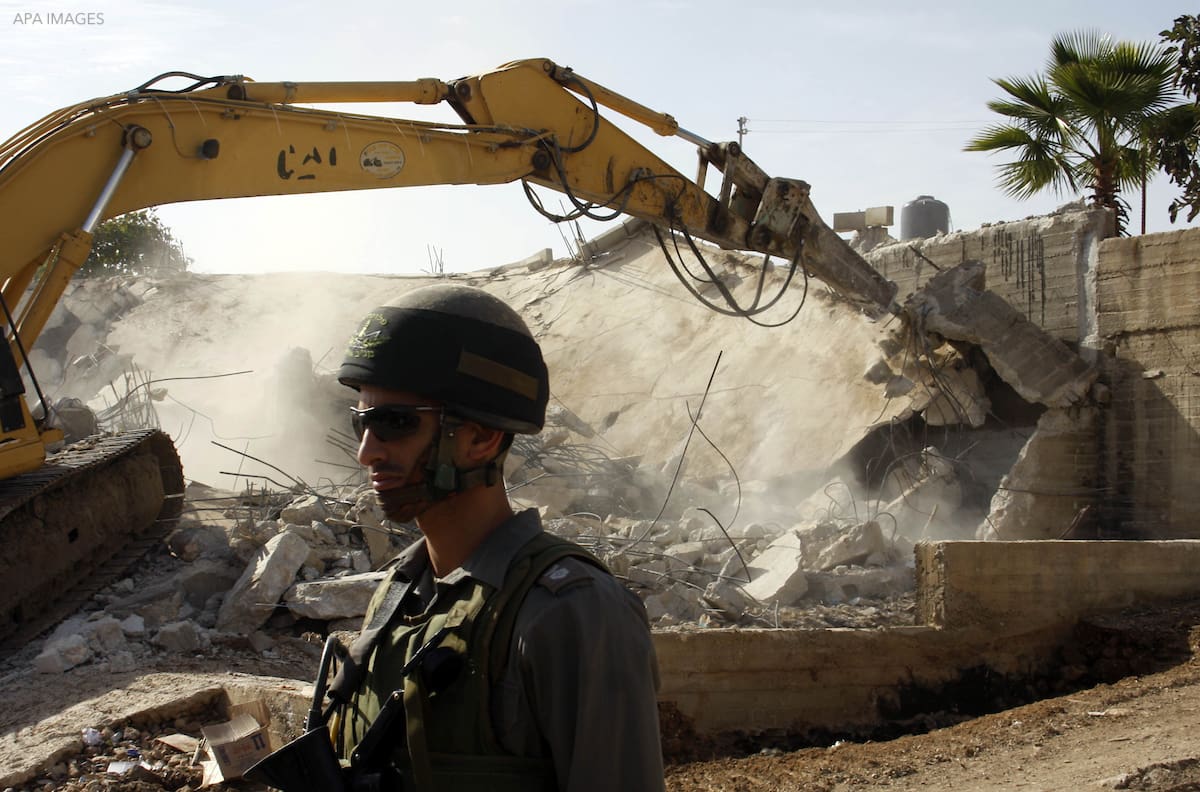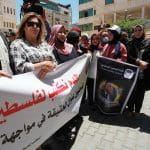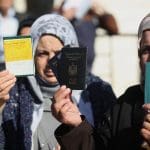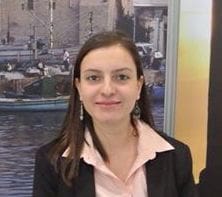
In his July 2020 report to the UN Human Rights Council, Special Rapporteur S. Michael Lynk asserts that “Israel continues to rely upon collective punishment as a prominent instrument in its coercive toolbox of population control.”
From home demolitions to the Gaza blockade to the withholding of Palestinian bodies, Israel wields collective punishment tactics to subjugate and suppress the Palestinian population. In this policy lab, Al-Shabaka analysts Nada Awad and Issam Younis discuss the toll of this strategy on the Palestinian people and how it fits into Israel’s broader system of apartheid.
* Unfortunately, this YouTube recording cuts off the initial 5 minutes of the policy lab. To view the discussion in full, please click here.
Al-Shabaka policy member Nada Awad holds a master’s degree in International Relations and International Security from Sciences Pro Paris. She works on human rights violations in the Arab region as the international advocacy officer at the Cairo Institute for Human Rights Studies (CIHRS). She was previously responsible for the Advocacy unit at Al-Quds University’s Community Action Center, where she focused on the issue of forcible transfer of Palestinians from Jerusalem. She also worked as an archival researcher at the Institute for Palestine Studies in Beirut.
Issam Younis is a long-time human rights advocate. He is the Commissioner General of The Palestinian Independent Commission for Human Rights (ICHR). He is the president of the Arab Network of National Human Rights Institutions (ANNHRI). He is also a member of the Palestinian Higher Education Council.















